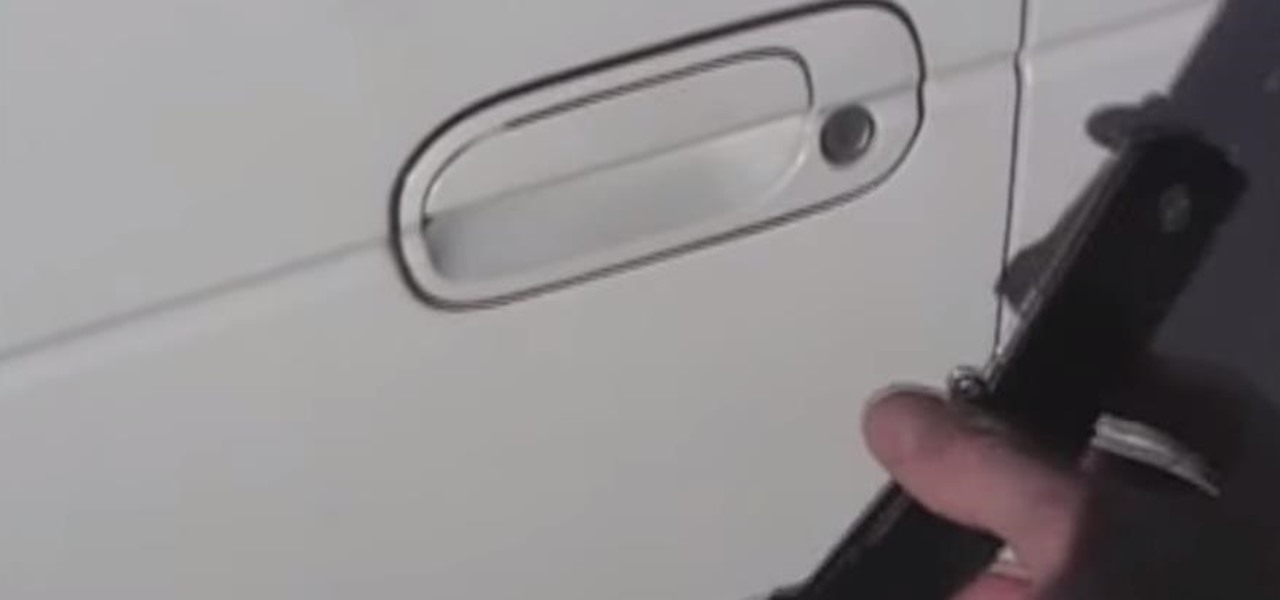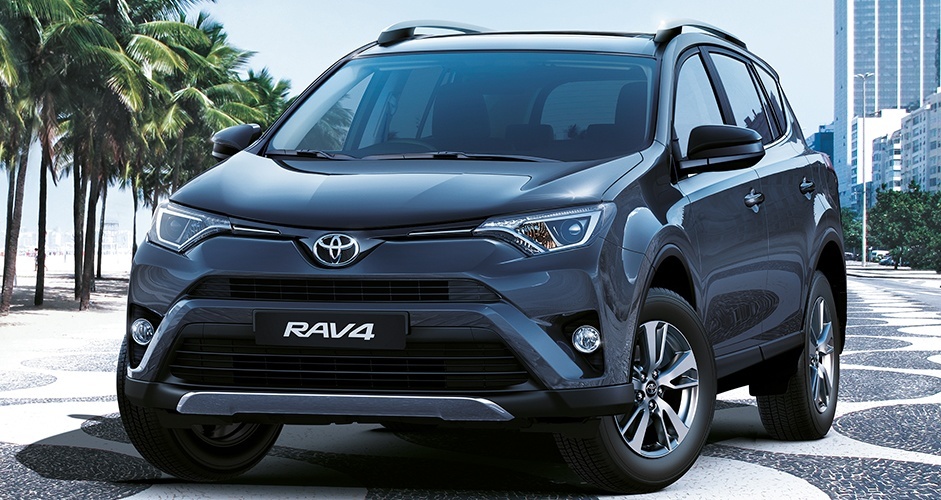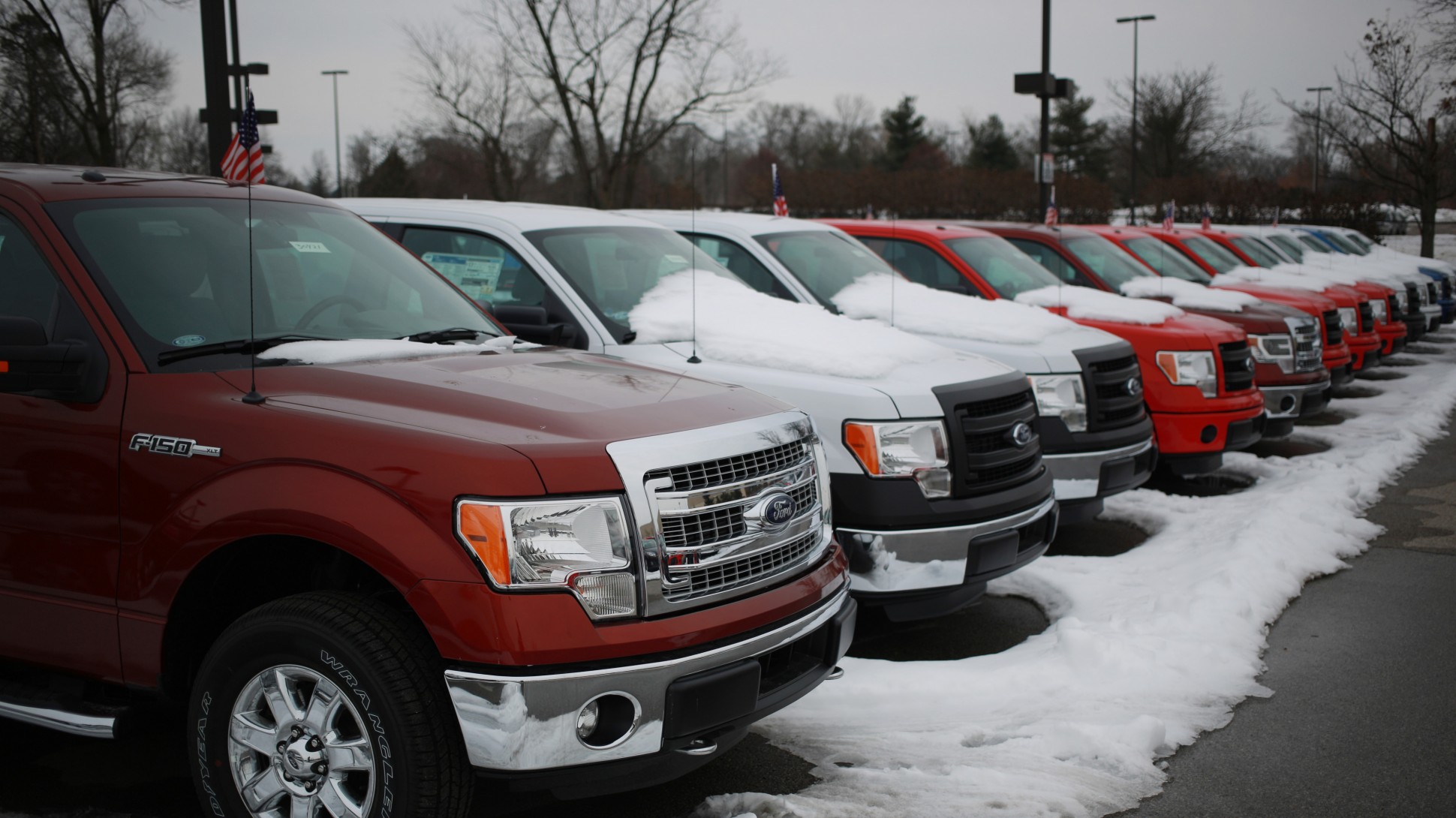Now Reading: U.S. calls on auto industry to make cyber safety a priority
-
01
U.S. calls on auto industry to make cyber safety a priority
U.S. calls on auto industry to make cyber safety a priority

Car manufacturers must make shielding the electronic and computer systems of automobiles from hackers a top priority, developing layers of security that can secure a car throughout its life, U.S. regulators stated on Monday.
The cyber security guidelines provided by the U.S. National Highway Traffic Safety Administration are suggestions, not enforceable guidelines. Although they mark a step toward developing a road map for market behavior as lawmakers and consumers pressure car manufacturers to show how they will protect increasingly connected and automated automobiles from cyber attacks.
A few of the company’s propositions, included in a paper titled “Cybersecurity Best Practices for Modern Vehicles,” echo moves significant producers are making already, such as developing a group to share details about cyber security dangers.
Automakers will thoroughly review the technical elements of the company’s propositions as well as propositions connected to the disclosure of details about “the secret sauce” of electrical and data systems, that is extremely competitive, Jonathan Allen, acting executive director of the Automotive Information Sharing and Analysis Center, stated on Monday. The group, frequently referred to as the AUTO-ISAC, was developed by automakers as a clearinghouse for companies to share details regarding cyber security dangers and countermeasures.
Automakers sped up efforts to deal with hacking hazards over the past year after information security researchers effectively took push-button control of a Jeep Cherokee and publicized their task. Fiat Chrysler in July 2015 recalled 1.4 million vehicles to set up software application to secure against future data breaches.
Other automakers, consisting of BMW AG and Tesla Motors Inc, have revealed actions to repair prospective information security gaps.
The NHTSA advises automakers to carry out tests of automobile systems to see if the cyber security systems can be breached, and record their testing and their evaluation of the risks.
Stay Informed With the Latest & Most Important News
Previous Post
Next Post
-
 01Polestar Boss Says It’s Time To Outrun BMW M And Mercedes-AMG
01Polestar Boss Says It’s Time To Outrun BMW M And Mercedes-AMG -
 02Spy Shots: 2027 Mitsubishi Pajero Spotted in Testing Ahead of Possible U.S. Return
02Spy Shots: 2027 Mitsubishi Pajero Spotted in Testing Ahead of Possible U.S. Return -
 03Spy Photos: VW ID. Polo GTI Goes Electric with 223 HP and 280 Miles of Range
03Spy Photos: VW ID. Polo GTI Goes Electric with 223 HP and 280 Miles of Range -
 04The Controversial Ford Voodoo V8 That Was Killed Off Too Early
04The Controversial Ford Voodoo V8 That Was Killed Off Too Early -
 052026 Toyota Hilux EV: A Powerful Truck with Silent Torque
052026 Toyota Hilux EV: A Powerful Truck with Silent Torque -
![2027 Mercedes-Benz S-Class Debuts with V8 Engine [Photo Gallery]](https://speedlux.com/wp-content/uploads/2026/01/2027-Mercedes-Benz-S-Class-33-155x125.jpg) 062027 Mercedes-Benz S-Class Debuts with V8 Engine [Photo Gallery]
062027 Mercedes-Benz S-Class Debuts with V8 Engine [Photo Gallery] -
 07Hyundai Palisade’s Breakout Year Shows How Quickly the Market Can Turn
07Hyundai Palisade’s Breakout Year Shows How Quickly the Market Can Turn


![2027 Mercedes-Benz S-Class Debuts with V8 Engine [Photo Gallery]](https://speedlux.com/wp-content/uploads/2026/01/2027-Mercedes-Benz-S-Class-33-700x394.jpg)









































